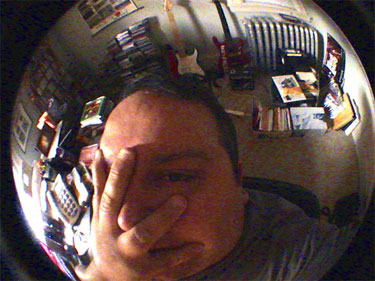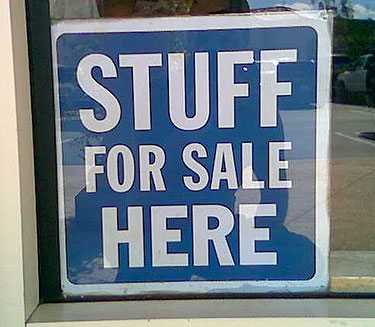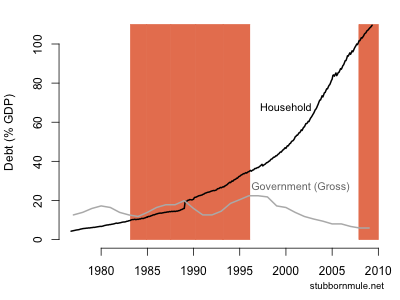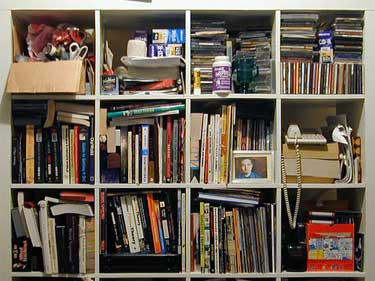Compared to most people I don’t buy or own much stuff but I still have too much stuff so I am slowly giving away, selling or throwing away all my excess stuff (clothes, gadgets, shoes, books etc etc etc)
I really don’t need all this stuff, I don’t even use a lot of this stuff. I think you’ll agree with me when I say that when you have too much stuff you spend more time finding space to store it and make room for yourself then you spend actually using the stuff.
The problems with living in an economy where consumption (buying stuff) is a way of life encouraged by governments and corporations are more than you think
Problem: Negative Externalities of Stuff
A lot of the costs of the stuff you buy are “negative externalities” not reflected in the cost you pay at the counter. “Negative externalities” is a terrible phrase which basically means let somebody else deal with the problems (pollution from factories, roads packed with transport trucks, sick overworked sweatshop employees etc)
Story of Stuff – Externalised Costs
Problem: Rental and Housing Costs
Most of us aren’t really thinking when we go shopping to buy stuff like another TV, better speakers, more shoes, another suit, a second car, a new set of dishes, more towels without stopping to consider: is it necessary, can I afford it and the most important: What is this new thing really costing me?
Australian household debt is growing at a fast rate and I think buying stuff using personal loans, credit cards and home loan withdrawals is a contributing factor.
All this stuff is costing us quite a bit in storage alone. We are building new homes with bigger kitchens and more bedrooms, bathrooms and closets than ever before. When you buy a bigger home to accommodate your stuff, you pay higher taxes, higher heating bills, bigger cooling bills, a bigger mortgage, plus whatever the upkeep costs are for the stuff itself.
Problem: Overwhelming Stuff
Comedian George Carlin wonders why we keep so much stuff and describes the problems it creates
In fact he developed a routine around the concept of “stuff”. Carlin’s belief was that we all have a large supply of stuff, possibly too much stuff, but we insist on storing it in smaller and smaller containers of stuff. When our closets become full of too much stuff, we move some of it to drawers. If we need stuff for a vacation, we put some of our original stuff in suitcases. We even buy smaller versions of stuff just to have on hand when we leave our big stuff behind on a trip.
What You Can Do
Looking at all the stuff in your bookshelf, cupboards, garage, floor etc can be scary and you may feel that it will never be organised or gotten rid of.
So I suggest a step by step approach. Every day choose something in your house (it can be big or small) and give it away, sell it or throw it in the recycling/rubbish bin.
And when you’re going to buy new stuff like clothes, electronics etc remember that most of the pleasure gained is from anticipating buying it. As soon as you buy it it will become of less value to you and get pushed aside in favour of new stuff.





Leave a Reply